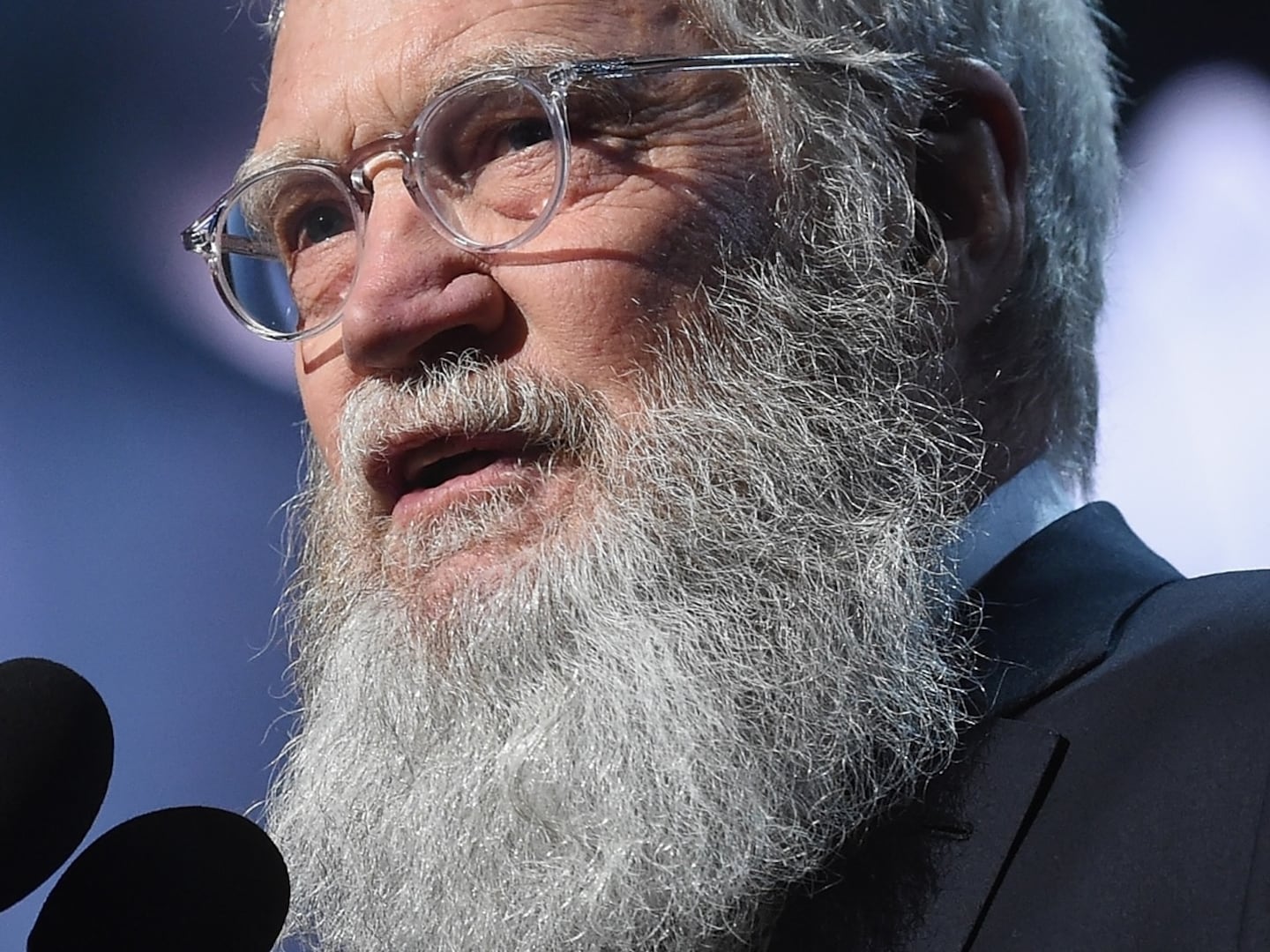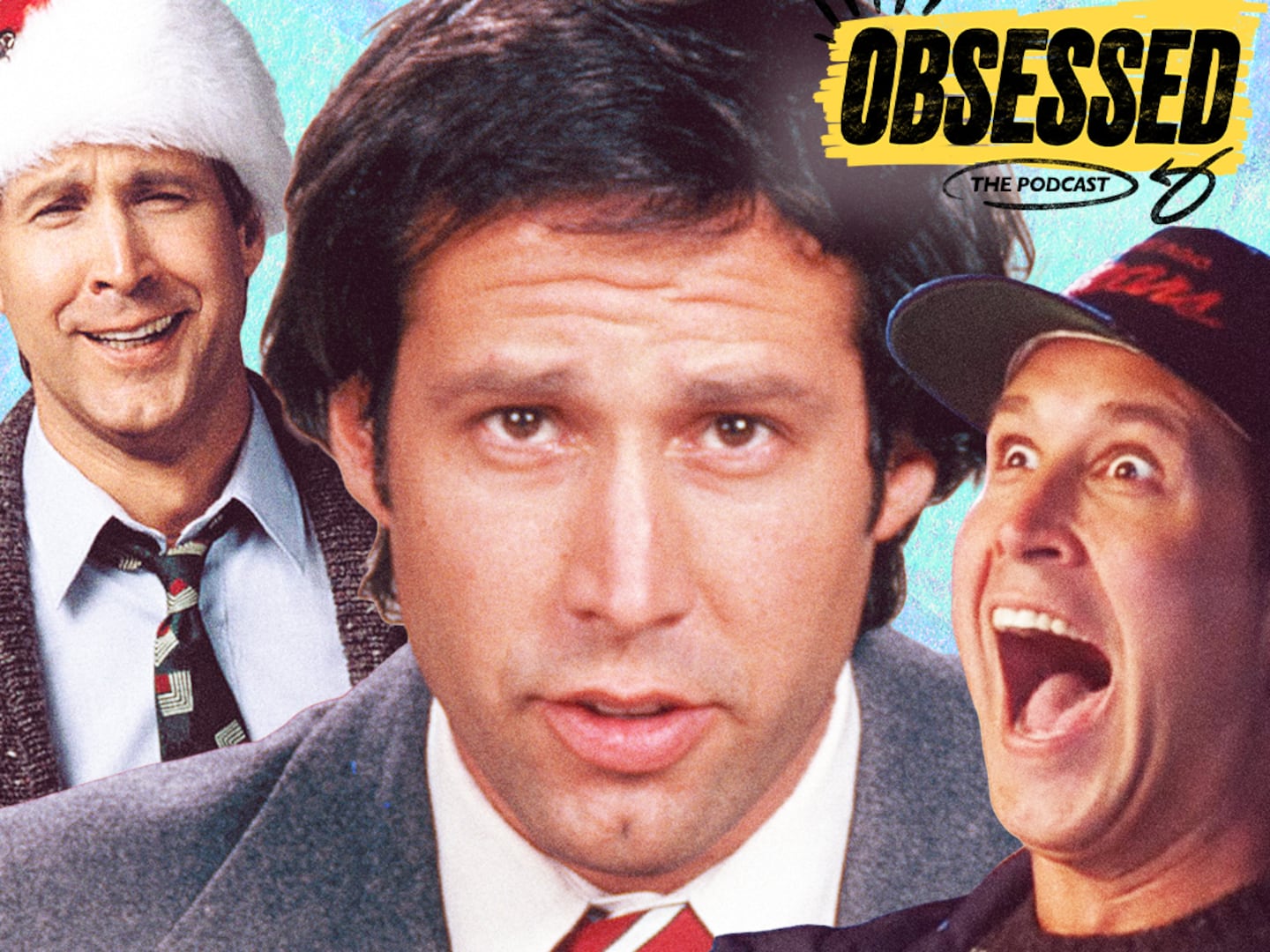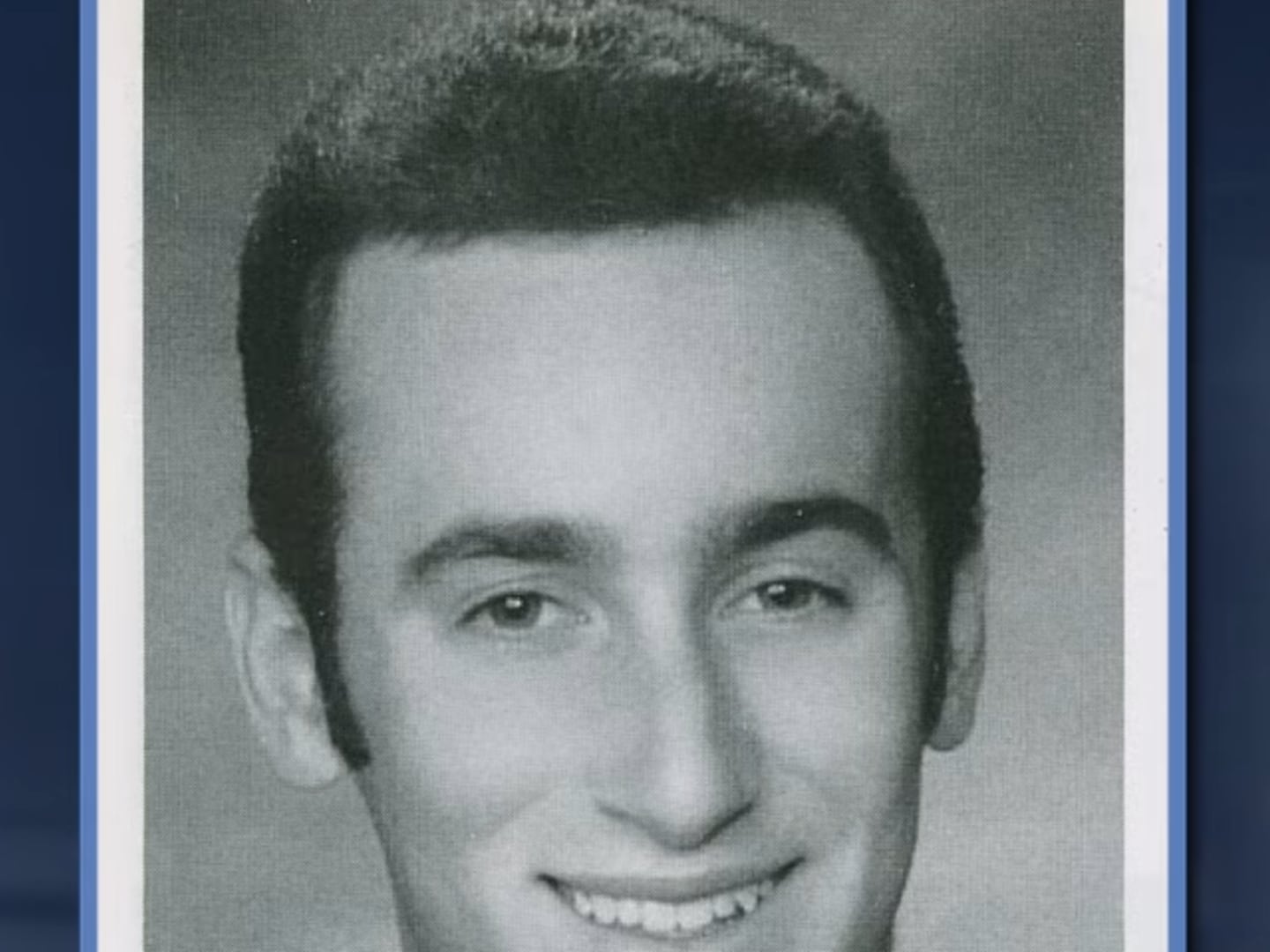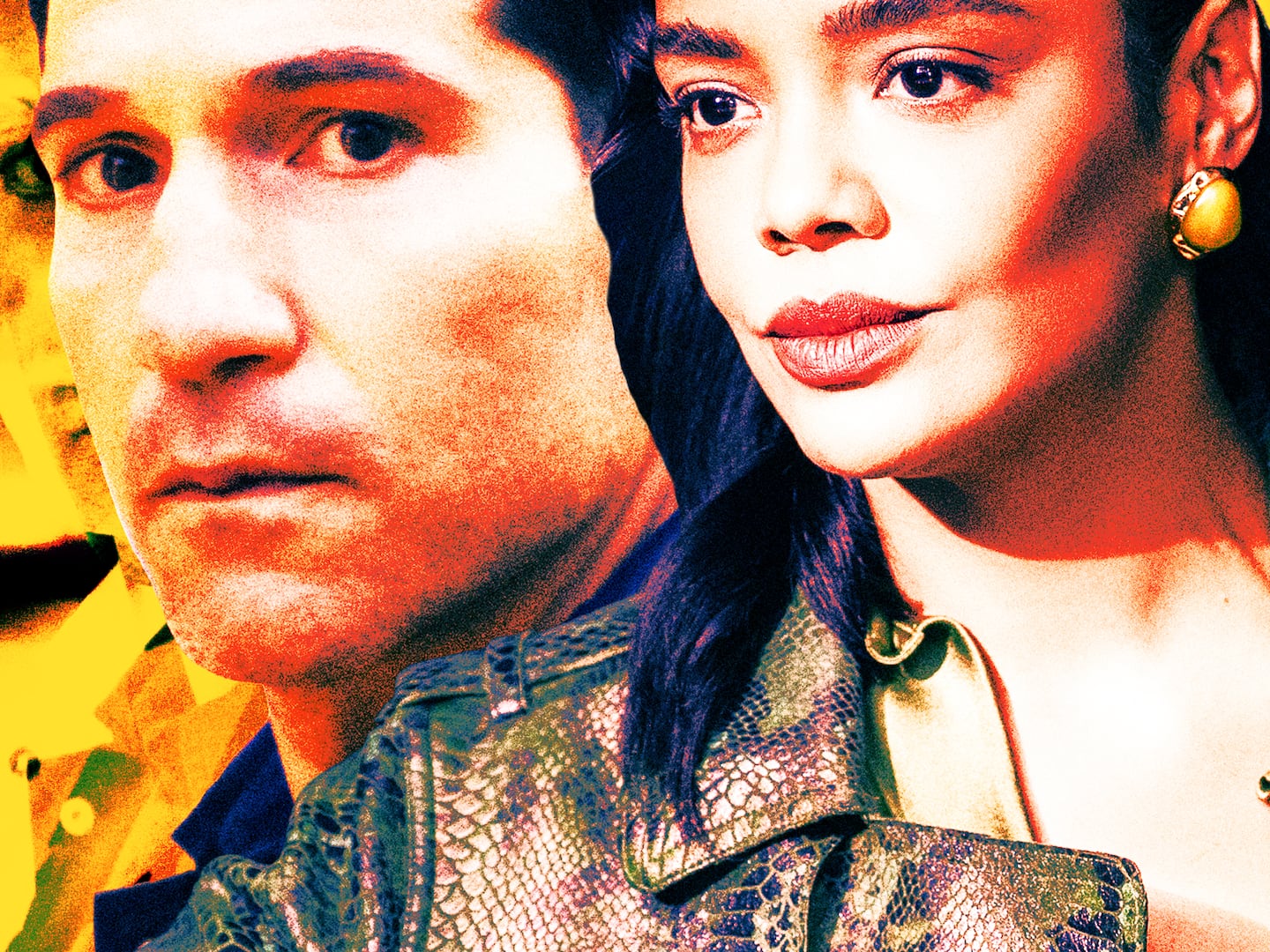Not sure what to watch next? Subscribe to The Daily Beast’s Obsessed See Skip newsletter here and get the latest show and movie recommendations every Tuesday.
There are roughly 47,000—oh, wait, a new Netflix Original just dropped; make that 47,001—TV shows and movies coming out each week. At Obsessed, we consider it our imperative social duty to help you see the best and skip the rest.
We’ve already got a variety of in-depth, exclusive coverage on all of your streaming favorites and new releases, but sometimes what you’re looking for is a simple Do or Don’t. That’s why we created See/Skip, to tell you exactly what our writers think you should See and what you can Skip from the past week’s crowded entertainment landscape.
See: Bros
Bros is a heartfelt and hilarious new spin on the classic romantic comedy. Actually, it’s heartfelt, hilarious, and historic. And the marketing won’t let you forget it! Billy Eichner’s Twitter takes following the film’s disappointing box office may be heavy-handed and assumptive, but Bros is still definitely worth checking out to see whether or not it surprises you. As someone who falls into their own jaded, gay echo chamber, it’s coming up for air every now and again.
Here’s Nick Schager’s take:
“Bros is a landmark film. Not only for being the first gay rom-com produced and distributed by a major American studio (Universal), but for being a perfectly formulaic gay rom-com that starts with a bawdy bang and then becomes more standard-issue (and preachy) as it nears the finish line.
Bros walks its talk about wanting to celebrate the authentic realities of LGBTQ+ Americans in all their messy, contradictory glory, and though it does that with a few too many italicized speeches about its intentions, its sincerity ultimately wins out. Moreover, Eichner and Stoller’s decision to fashion their gay rom-com in a visually, narratively and thematically familiar mold has the effect of filtering the radical through the traditional.”
Skip: The Good House
The Good House is an egregious misuse of Sigourney Weaver with the year’s wildest climax. A Massachusetts tale as bad as Dunkin’ coffee.

Here’s Coleman Spilde’s take:
“The Good House bounces between genres at such a whiplash pace that its flightiness makes it difficult to enjoy, let alone nail down. Seeing a film that refuses to fall into the tropes of genre fare can sometimes be a pleasant surprise, but The Good House does a major disservice to the very real battles Hildy faces by struggling to decide what it wants to say. In turn, it makes what could be a well-drawn character into a silly caricature, and The Good House into a dull film.
Still, it’s hard not to take note of the film’s rarity. How often do women over the age of 65 get the chance to play complicated, hard-nosed characters like this? What’s more, how often does that same age bracket get to be unabashedly horny onscreen? With the great Nancy Meyers all but hanging up her hat, there’s been a dearth of these kinds of roles available for older actors. No matter how muddled a screenplay might be, it’s gratifying to see Hollywood remember that older people exist, and not just to play grandparents or politicians.”
Skip: Amsterdam
Amsterdam is a star-studded, supermassive black hole of talent from one of the creepiest working directors. So, basically, it’s a movie made in Hollywood.

Here’s Nick Schager’s take:
“Answering the question, “How many movie stars can one film squander?”, Amsterdam boasts a laundry list of illustrious actors and actresses and finds not a single productive or entertaining use for them. The first feature from David O. Russell since 2015’s Joy, this madcap period piece is part murder mystery, part anti-fascist conspiracy thriller, and all-around disaster, devoid of tone, wit, or any semblance of rhythm. It’s akin to a screwball comedy played at half-speed, its jokey barbs and grave line readings indistinguishable from each other and uniformly falling flat on their face.
Amsterdam is loosely based on a true story, but Russell makes it neither farcical nor portentous. In the tale’s later passages, he resorts to hand-holding exposition, using Bale narration to spell out what is already explicitly evident—an apparent sign that even he’s uncertain about the film’s coherence. Moreover, he falls back on feel-good preaching about the values of democracy, the threats of domestic terrorism and authoritarianism, the brotherhood of man (no matter the color of one’s skin) and the peerless power of love.”
See: Till
Till is a difficult exploration of trauma through the eyes of Mamie Till-Mabley, one that does the best it can with one of history’s most horrific stories.

Here’s Kyndall Cunningham’s take:
“It’s easy to imagine a more conventional biopic zooming out of these heartfelt interactions and capturing the frenzy surrounding Emmett Till’s trial. An Aaron Sorkin—or Steven Speilberg—directed version of this story would inevitably feature activists passionately debating organizing strategies, while journalists scramble to relay the events of the trial over a rotary telephone. Of course, there’d be a dramatic appearance by Martin Luther King.
Chukwu, however, finds the compelling aspects in private, one-on-one moments. She even downplays what should be the most theatrical part of the film, the trial, to a degree, with the exception of Mamie’s moving testimony. The cruelty of the judge, defense attorneys, and even the prosecuting sheriff, who in another film would be a heroic ally, feel mundane.”
Sign up for our See Skip newsletter here to find out which new shows and movies are worth watching, and which aren’t.






